DEIJ Storytellers Needed for the ASM
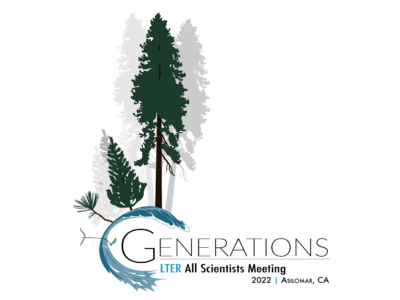
Seeds of Change will feature 4-5 speakers telling their personal experiences of change – or attempted change – in DEIJ at LTER sites.

Seeds of Change will feature 4-5 speakers telling their personal experiences of change – or attempted change – in DEIJ at LTER sites.
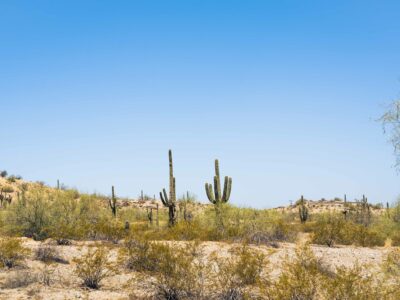
Find out what makes an urban LTER site with examples from three ecosystems at the Central Arizona-Phoenix Long-Term Ecological Research site.
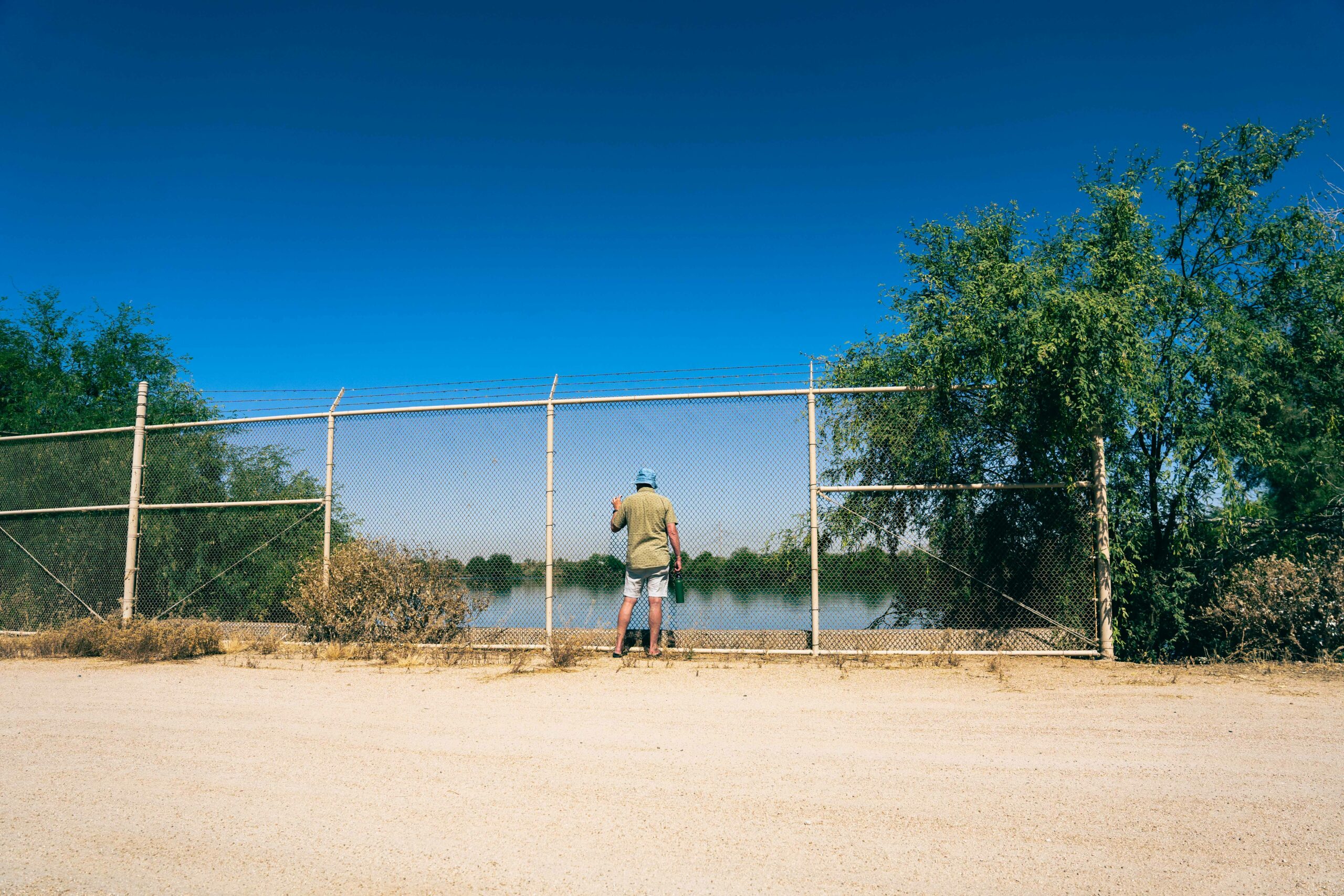
The Phoenix Area Social Survey uncovers residents’ relation to the landscape around them, revealing drivers of urban environmental change.
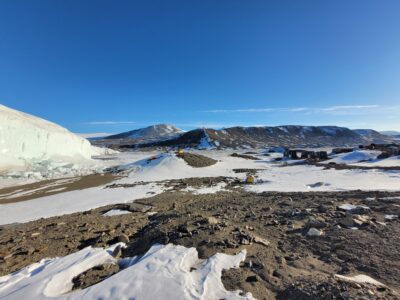
A warming climate, the COVID-19 pandemic, and the harsh conditions make research at the McMurdo Dry Valleys LTER site remarkably interesting!
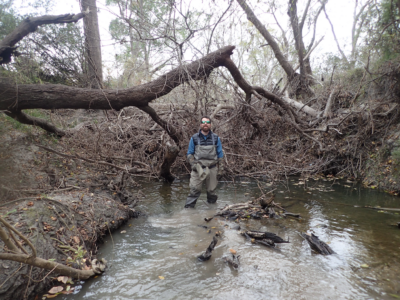
Ecosystems resist devastation from hurricanes by choosing either of two strategies: high resistance or high resilience.
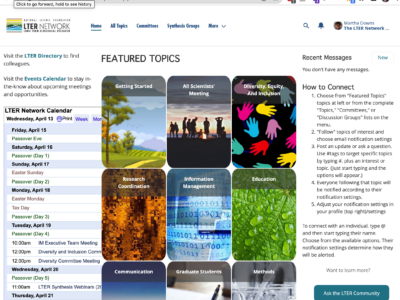
John Porter walks through how to take full advantage of the LTERHub API, which taps into powerful directory functionality.

We are excited to share with the broader R community a new collection of 8 data samples geared towards teaching environmental data science!

Our 2021-2022 webinar series introduces the work of the six synthesis groups that are currently active. Their foci range widely and include the effects of drought at hundreds of sites globally, developing better ways of aligning genomic and ecological data, controls on river exports of silicon and more.

Applications for the 2022 cohort of LTER Graduate Student Science Writers are now open! Apply to write about current LTER science.
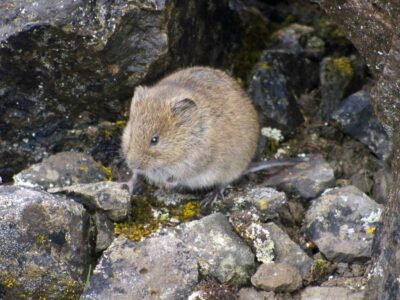
Explicit representation of voles improves models of the impacts of climate change on Arctic ecosystem function